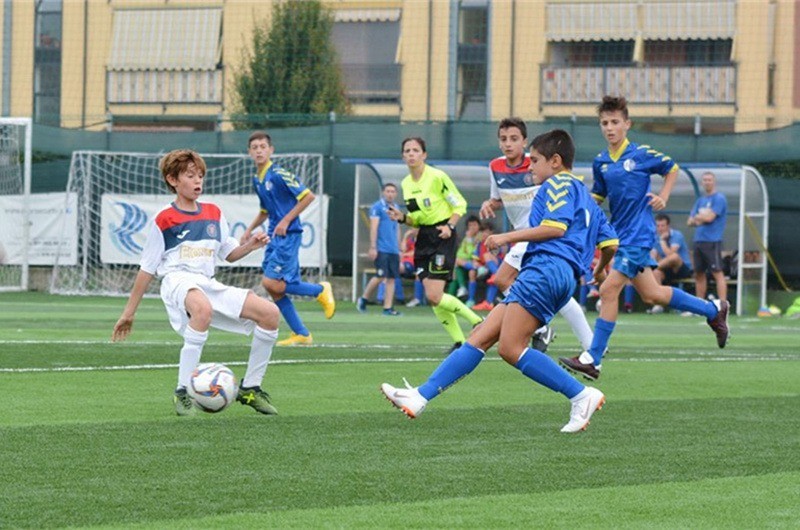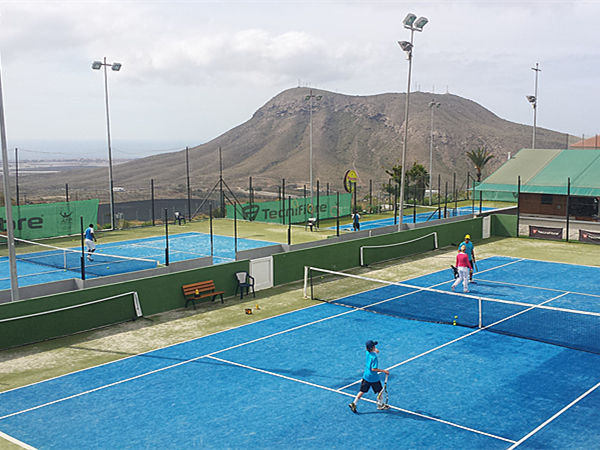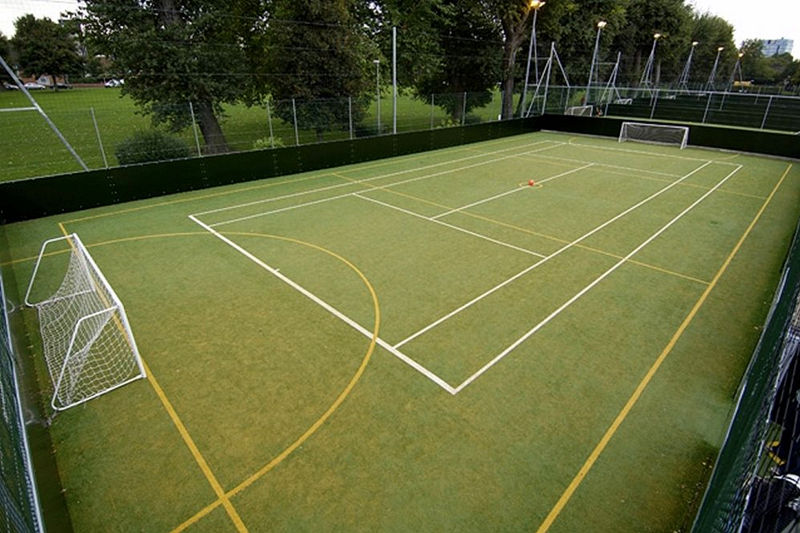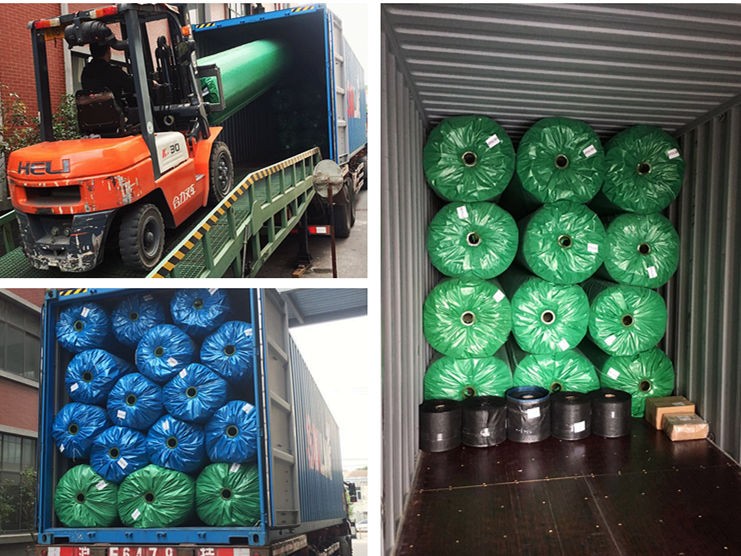Are you considering importing artificial grass from China? Gain a comprehensive understanding of the cost structure involved to make informed decisions and ensure a successful project. This guide breaks down the factors impacting the overall cost, including the cost of artificial grass, installation accessories, local freight and loading port charges in China, shipping costs, destination port costs and taxes, local freight at your end, and installation costs.
Table of Contents
1. The Cost of Artificial Grass:
Several factors influence the cost of artificial grass, including specifications and order quantity.
Specifications: Artificial grass specifications like pile height, Dtex, gauge, and stitch rate directly impact performance and cost. Higher face weight, achieved through more materials, can lead to a higher price. Understanding these specifications helps comprehend their influence on artificial grass pricing. Learn more about Artificial Grass Specifications and discover How Artificial Grass Specifications Impact Pricing.
Order Quantity: Order quantity significantly impacts artificial grass pricing. Manufacturers have minimum order quantity (MOQ) requirements, and ordering below the MOQ can lead to additional costs and longer lead times. Larger orders benefit from economies of scale, resulting in lower per-unit costs. Additionally, bulk orders often enjoy reduced shipping costs, further enhancing cost savings. Understanding the impact of order quantity helps customers make informed decisions and negotiate better prices while considering shipping expenses.
2. The Cost of Installation Accessories:
When installing artificial grass, it’s crucial to have the right accessories for a successful project. Consider the following key accessories:
- Seaming Tape and Adhesive: Choose suitable seaming tape and adhesive to securely join artificial grass pieces, ensuring a seamless and durable installation.
- Crumb Rubber: For sports fields, sand and rubber granule infill may be required. The quality and type of rubber granule infill can impact the overall project costs and performance.
- Shock Pad Underlay: Enhance safety and comfort on the playing surface by incorporating high-quality shock pads that meet safety regulations, providing cushioning and support.
- Turf Nails/Staples: Secure the artificial grass to the ground effectively, promoting stability and preventing shifting or movement in landscape projects.
Note: Silica sand for infilling purposes is recommended to enhance stability and longevity, but it needs to be sourced locally.
3. China’s Local Freight and Loading Port Charges:
Consider local freight and loading port charges within China when importing artificial grass. The specific charges will depend on various factors such as the volume of your goods and the loading method.
If the volume of your goods can fill a full container, the container will be loaded at our factory. However, if it is less than a container load, the artificial grass rolls will be sent to the seaport warehouse, where a shared container will be loaded.
It is important to note that these costs are subject to variation based on seaport locations and shipping lines. To obtain accurate estimates for the local freight and loading port charges, we recommend consulting your chosen supplier or shipping agent. They possess the necessary expertise to provide you with precise information regarding these charges, ensuring transparency in understanding the expenses associated with your importation process.
4. Shipping Costs:
Shipping costs play a significant role in importing artificial grass. Due to the size and weight of artificial grass rolls, sea shipping is typically preferred. Consult shipping forwarders or your supplier for precise shipping cost estimates.
5. Destination Port Cost and Tax:
Upon arrival at the destination port, additional charges, including taxes, may apply. These costs depend on the country and its customs regulations. Consult local shipping agents or customs authorities to determine specific destination port costs and tax rates.
6. Your Local Freight:
After clearing customs, local transportation is necessary to deliver the artificial grass to its final destination. Account for local freight costs when budgeting for your project. Obtain accurate pricing by consulting local freight companies or logistics providers.
7. Installation Cost:
Factor in the installation cost for artificial grass, which includes site preparation, labor, and any additional services required. Obtain quotes from professional installers to determine the installation cost specific to your project.
Conclusion:
When importing artificial grass from China, understanding the comprehensive cost structure is vital. Consider the cost of artificial grass, installation accessories, local freight and loading port charges in China, shipping costs, destination port costs including tax, your local freight, and installation costs. Thorough research, consultation with reliable suppliers, and leveraging professional services will help you achieve a successful project within your budget. Import artificial grass from China with confidence and reap the benefits of high-quality and cost-effective options.




